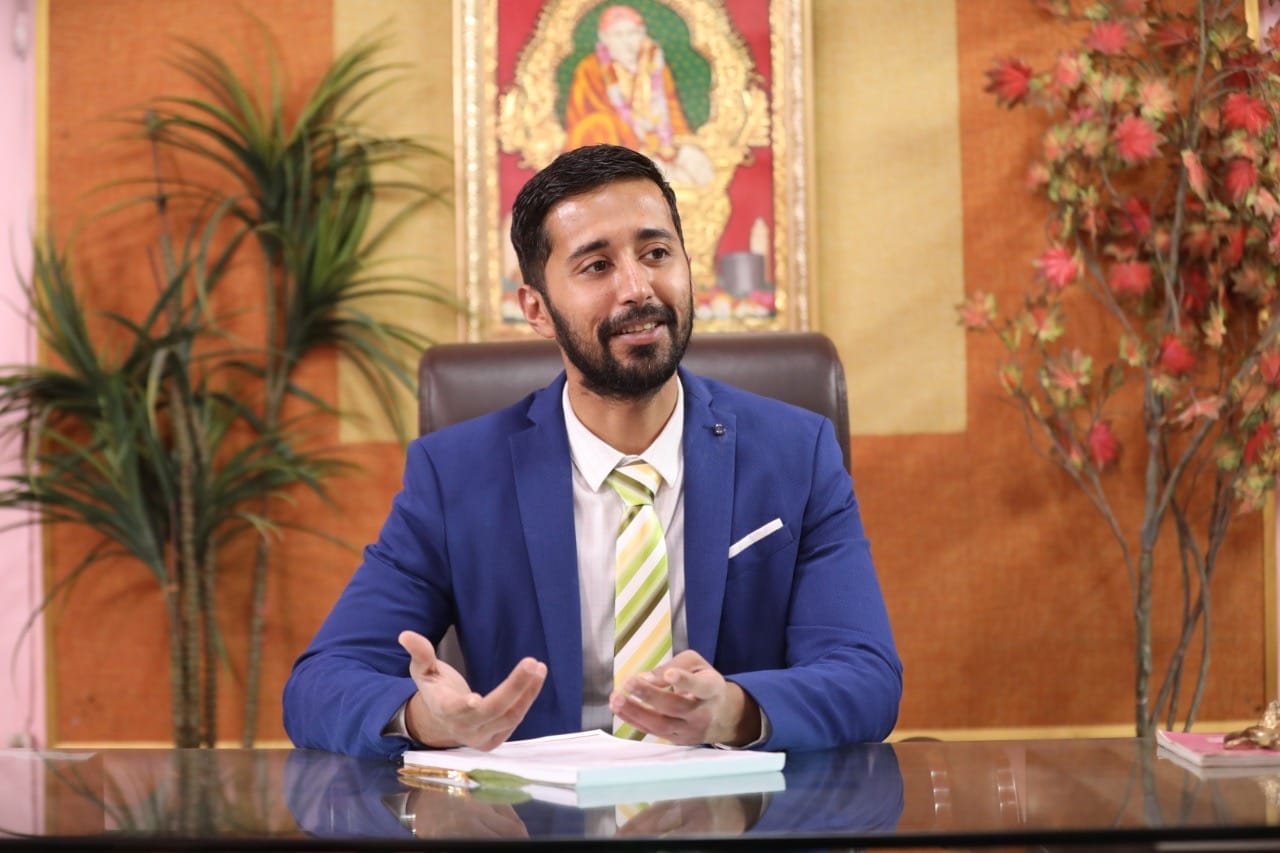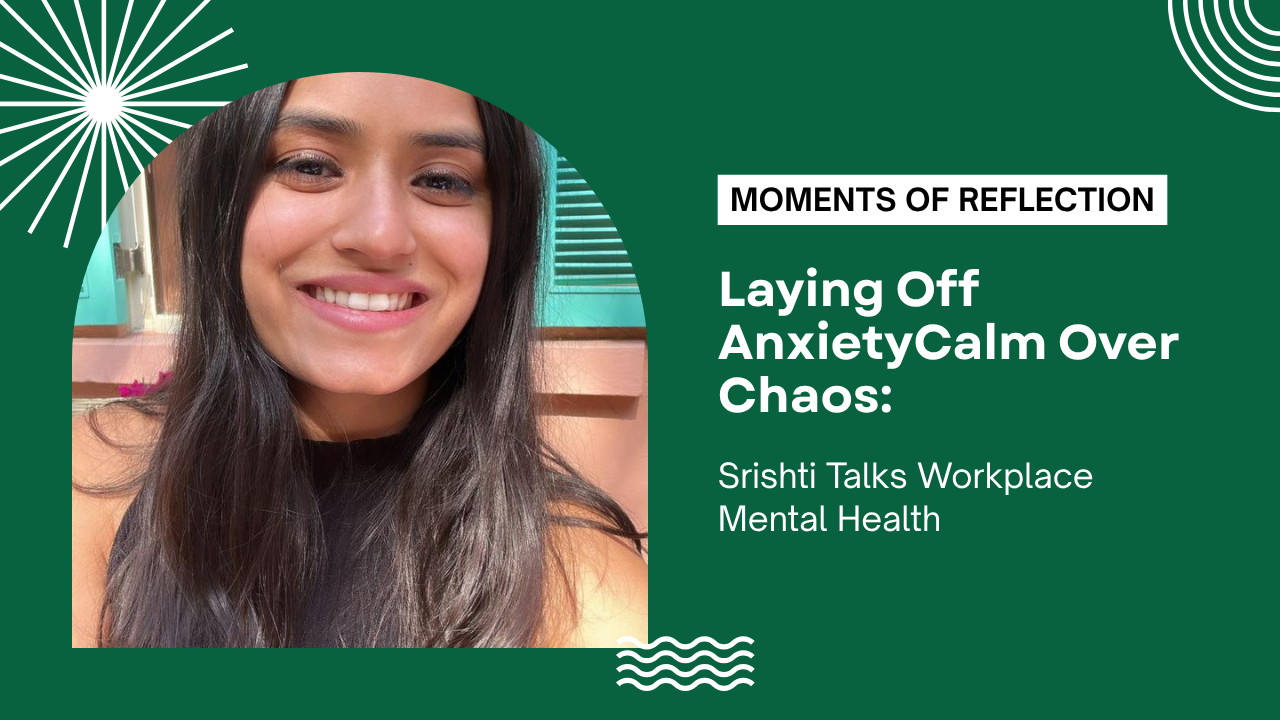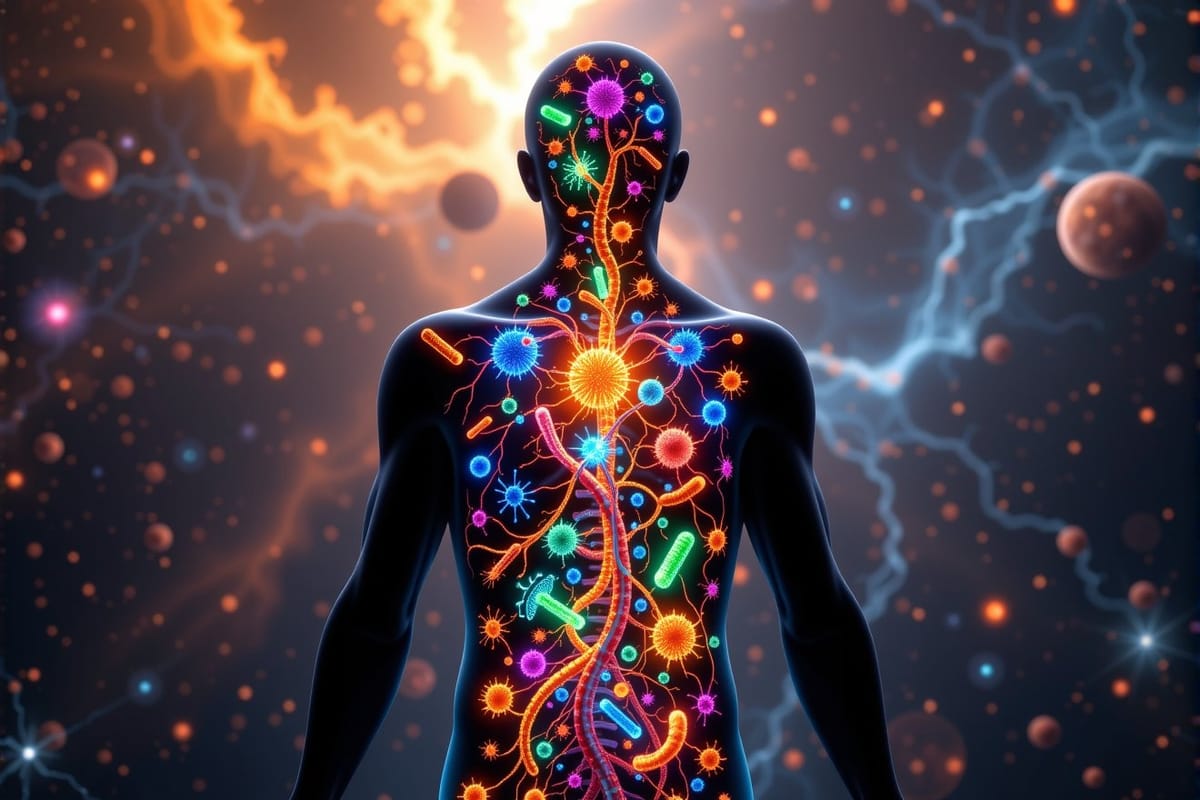Redesigning Health from the Inside Out: A Deep Dive with Dr. Arpit Bansal
Dr. Arpit Bansal is an esteemed Advanced Laparoscopic and Onco Surgeon, currently serving as the Director of the 200-bed NABH-accredited Jeevan Jyoti Hospital in Prayagraj, Uttar Pradesh. He holds an MBBS and MS in General Surgery, complemented by fellowships in Minimal Access Surgery and Surgical Oncology. With over 14 years of experience, Dr. Bansal specializes in advanced laparoscopic procedures, cancer surgeries, and male infertility treatments.
1. You wear many hats—surgeon, director, longevity speaker. Let’s start at the beginning. What shaped your path?
I’m a laparoscopic cancer surgeon by training and the director of a 200-bed NABH-accredited multi-specialty hospital in Prayagraj, a city that blends ancient wisdom with contemporary challenges. The hospital was founded by my father at a time when private healthcare was still a novelty here. It was the city’s very first private hospital—a bold move, driven by vision and compassion.
After my father’s passing, my mother and I stepped into leadership roles, not just to run the hospital, but to carry forward his legacy. It was a legacy rooted in service, courage, and an unwavering commitment to patient dignity. Today, as the city hosts the Kumbh Mela—a spiritual gathering that draws millions—we’re reminded daily of how the physical and the spiritual coexist, often in disharmony. Bridging that gap became part of my mission.
2. As a surgeon practicing in Prayagraj, what gaps or challenges did you encounter in public health?
One of the most striking things I observed early on was the sheer volume of misinformation surrounding diseases, especially cancer. Conditions like breast cancer are incredibly treatable with early detection and modern protocols. Yet, many women arrived at our hospital too late—not because they lacked access, but because they were misled by hearsay, home remedies, or fear.
There’s a fine line between belief and science, and too often, people fall through the cracks due to quackery or outdated ideas. That deeply affected me. I realized that healing isn't just about surgical precision—it's also about education, about guiding people back to their own biology with compassion and clarity.
3. You speak often about holistic wellness—but not the way it’s usually interpreted in India. Could you explain your approach?
Yes—when I say holistic, I don’t mean just Ayurveda or traditional systems. I respect them, of course, but my practice is rooted in biology, backed by science, and guided by an understanding of nature’s design.
I consider myself a biohacker. That term might sound intimidating or futuristic, but it’s really about returning to the basics: syncing your lifestyle with your biology. Biohacking is the art and science of becoming the most optimized version of yourself—not just physically, but mentally, emotionally, and spiritually. It’s a deep dive into how we sleep, eat, move, connect, and even breathe.
4. That sounds fascinating. But what does biohacking actually look like in everyday life?
At its core, biohacking is about realignment. Over time, we’ve drifted far from our natural blueprint. Our ancestors rose with the sun and slept after dark. Today, we scroll past midnight, under artificial lights, with circadian rhythms completely off track.
Biohacking invites us to course-correct. It begins with very simple but profound habits:
- Morning exposure to natural sunlight to reset our body’s clock
- No blue light—screens, phones, harsh lighting—before bedtime
- Prioritizing consistent sleep and wake cycles
- Hydration that’s planned and consistent, not reactive
- Digital detoxes—like phone-free meals or “phone fasting”
These aren’t lifestyle upgrades; they’re biological necessities we've forgotten.
5. You mentioned the term "circadian rhythm" earlier. How critical is it to our health?
It’s foundational. Our circadian rhythm is our internal 24-hour clock, hardwired into every cell in our body. It's not just about sleep—it governs hormone release, metabolism, immune function, and even our mood.
Our brain’s master clock is in a region called the suprachiasmatic nucleus, which responds directly to light. But new science shows that each organ—our gut, liver, pancreas—also has its own clock. When we live out of sync with these rhythms, chaos ensues: poor sleep, anxiety, insulin resistance, and long-term illness.
The truth is, burning the midnight oil isn’t noble—it’s biologically disruptive.
6. How do natural rhythms affect our productivity and cognition?
We sleep in 90-minute cycles—light, deep, and REM sleep—each vital for restoration and brain function. But we also work in 90-minute rhythms, called ultradian cycles. After about 70 minutes of focused work, our brain naturally signals for a break.
Ignoring these cycles—forcing productivity without pause—leads to mental fatigue, poor decision-making, and burnout. High performers don’t just work harder—they work with these natural ebbs and flows. That’s biohacking, too: learning your brain’s rhythm and designing your day around it.
7. Hydration is something people often underestimate. What’s your take on it as a longevity expert?
Most people wait until they feel thirsty—but by then, cellular dehydration has already set in. Hydration isn't just about drinking water; it's about ensuring our cells function optimally. Dehydration dulls cognition, slows metabolism, and impairs mood regulation.
When I speak at international longevity conferences, I emphasize that consistent hydration is one of the simplest, most overlooked pathways to energy, clarity, and cellular repair. It’s the foundation of life—and longevity.
8. Let’s talk about night shifts. They’ve become a necessity in many industries. How do they impact health?
Night shifts present one of the toughest challenges to human biology. Studies show that those who consistently work against their circadian rhythm—like night shift workers—have significantly higher risks of dementia, cancers, digestive disorders, and even mood disorders.
Take this example: A person finishes their night shift and steps out into bright morning light. Their brain interprets that sunlight as a wake-up cue—even though they’re sleep-deprived. This creates what’s called circadian misalignment. Melatonin—the sleep hormone—gets suppressed, and deep, restorative sleep becomes nearly impossible.
9. Is this also true for high-flying professionals like pilots?
Very much so. Ironically, the more successful a pilot becomes, the more their biology suffers. A junior pilot may fly regional routes and sleep 6–8 hours. But senior pilots flying international long-haul routes, like New Delhi to London three times a week, experience frequent time zone shifts, fragmented sleep, and chronic circadian confusion.
The result? Chronic fatigue, impaired immunity, poor gut health—and in many cases, long-term neurological decline. This isn’t limited to pilots—many doctors, nurses, tech workers, and founders face similar patterns.
10. Can biohacking help night shift workers mitigate these health risks?
Yes—while it can't fully reverse the impact, it can significantly reduce the damage.
Some powerful, practical strategies include:
- Wearing yellow-tinted glasses during night shifts to filter out stimulating blue light
- Using red-tinted glasses an hour before intended sleep to encourage melatonin release
- Avoiding screens post-shift and keeping bedroom lighting low and warm
- Using blackout curtains to simulate darkness during daytime sleep
- Optimizing gut health with light, nutritious meals—no junk food binges
These habits help reprogram the body toward better recovery, even in imperfect conditions.
11. You seem to integrate deep science with daily practice. What’s the overarching message in your work?
That true health is harmony. Harmony with your biology, your mind, your environment, and your community. Medicine saves lives, yes—but wellness preserves life. My work lies at that intersection: using the sharpness of surgical science, but pairing it with softness—with rhythms, presence, and mindful living.
Whether it’s by rethinking our sleep, rehydrating our cells, or simply talking to our families at dinner without checking our phones—healing often starts in the smallest, quietest places.







Comments